






5-Star Valuation Services, Loved by Hundreds
Frequently Asked
Questions
No Frequently Asked Questions Found.
The work helps management substantiate conclusions, provides documentation for auditors, and supports consistency in ongoing reporting. Assignments are typically developed in accordance with recognized professional standards and structured to withstand third-party review.
The process involves a systematic approach that considers multiple critical factors. Appraisers carefully evaluate each piece of equipment, examining its technological specifications, current market conditions, physical condition, and potential functional utility. They analyze the equipment's age, technological relevance, operational status, and overall performance capabilities to generate an accurate valuation.
Key considerations during the appraisal include detailed documentation of the equipment's make, model, serial number, and maintenance history. Appraisers conduct thorough market research to understand current demand, technological trends, and comparable sales in the scientific equipment marketplace. They assess the equipment's condition through rigorous inspection, determining its operational integrity and potential remaining useful life.
Multiple valuation methodologies may be employed, including cost approach, sales comparison, and income-based strategies. These techniques allow for a comprehensive assessment that considers replacement costs, current market values, and potential revenue generation capabilities.
Professional lab equipment appraisals serve critical functions across various sectors, including research institutions, pharmaceutical companies, educational facilities, and biotechnology organizations. They provide essential insights for financial reporting, strategic planning, insurance documentation, and potential transaction considerations.
The true value of a professional appraisal lies not just in generating a number, but in offering a comprehensive understanding of scientific assets that supports informed decision-making and strategic asset management.
Appraisers can now collect detailed information through multiple digital channels, including high-resolution photographs, comprehensive documentation, and interactive video consultations. This approach is particularly advantageous for stationary or complex equipment that may be challenging to relocate or physically inspect.
Advanced digital methods allow professionals to thoroughly examine equipment specifications, condition, age, and market value with remarkable precision. Live video conferencing platforms enable real-time interactions, where appraisers can conduct detailed visual assessments and ask targeted questions about the equipment's history and functionality.
The digital appraisal process offers significant benefits for laboratories, research institutions, and businesses with equipment distributed across multiple locations. By minimizing logistical constraints, these online approaches provide flexibility, reduce assessment time, and maintain the highest standards of professional evaluation.
Qualified appraisers utilize sophisticated techniques to ensure accurate valuations that reflect current market conditions, technological relevance, and specific equipment characteristics. Their expertise guarantees a comprehensive and reliable assessment that meets professional industry standards.
General lab equipment appraisers maintain broad competencies, capable of evaluating diverse instruments ranging from basic microscopes to sophisticated analytical equipment. Their comprehensive understanding allows them to provide holistic assessments that consider technological complexity, market demand, and current operational condition.
Specialized appraisers delve into specific scientific domains, developing nuanced expertise in particular equipment categories. Medical diagnostics, biotechnology, pharmaceutical research, and industrial quality control represent key areas where these professionals demonstrate exceptional technical acumen. Their targeted knowledge enables precise valuations that account for intricate technological specifications and industry-specific performance standards.
Industrial and regulatory-focused appraisers bring additional layers of complexity to equipment assessment. They integrate deep understanding of compliance requirements, safety standards, and operational protocols into their valuation methodologies. For organizations operating in highly regulated environments, these professionals provide critical insights that extend beyond monetary value.
Forensic equipment appraisers occupy a unique niche, understanding the specialized requirements of investigative laboratories. Their assessments consider not just monetary value, but also critical factors like evidentiary integrity, precision instrumentation, and specialized technological capabilities.
Each appraiser type contributes distinctive perspectives, ensuring comprehensive and accurate equipment valuations that support strategic decision-making across scientific and industrial sectors.
Financial clarity stands as a primary benefit of professional equipment assessment. Precise valuations enable accurate financial reporting, support tax compliance, and provide critical documentation for insurance purposes. Organizations can optimize their asset management strategies by understanding the true market value and depreciation trajectory of their scientific instrumentation.
Equipment appraisals become particularly crucial during significant business transitions such as mergers, acquisitions, or strategic equipment sales. They offer an objective, professionally validated perspective on asset worth, facilitating transparent negotiations and informed decision-making. For research institutions and corporate laboratories, this means maintaining financial integrity while supporting strategic planning.
Insurance and risk management represent another vital consideration. Accurate equipment valuations ensure appropriate coverage levels, protecting organizations from potential underinsurance or unnecessary premium expenditures. In scenarios of loss or damage, a credible appraisal expedites claims processes and supports fair compensation.
Legal scenarios also benefit significantly from professional equipment assessments. Whether addressing estate planning, partnership dissolutions, or asset divisions, a meticulously documented appraisal provides an impartial benchmark for determining equipment value.
Beyond immediate financial implications, equipment appraisals offer strategic insights into technological infrastructure. They help organizations understand depreciation patterns, plan capital expenditures, and make informed decisions about equipment upgrades or replacements.
Ultimately, a comprehensive lab equipment appraisal transcends simple monetary evaluation. It represents a strategic tool that empowers organizations to make data-driven decisions, maintain financial transparency, and optimize their technological investments.
Introduction to Lab Equipment Appraisals
Lab equipment appraisals play a crucial role in financial reporting, ensuring that an organization's assets are accurately valued and reflected in their financial statements. These appraisals assess the fair market value of equipment used in laboratory settings, including diagnostic tools, analytical instruments, and specialized machinery. Accurate appraisals can help organizations make informed decisions regarding financing, investment, and asset management, and they are essential for compliance with accounting regulations.
Conducting a lab equipment appraisal involves evaluating various factors, including the equipment’s current condition, age, usage history, and technological relevance. Skilled appraisers, often certified or accredited, utilize industry-standard methodologies and market data to determine the highest value that similar equipment would fetch in the open market. This process not only establishes a monetary value but also provides insights into the equipment's potential lifespan and future utility, which can significantly impact financial planning.
Furthermore, obtaining a proper appraisal can mitigate risks associated with asset depreciation and ensure that organizations are not over or underestimating their resources. In cases of liquidation or insurance claims, having a credible appraisal provides necessary documentation to support financial evaluations. As such, lab equipment appraisals are vital for maintaining fiscal responsibility and strategic planning within organizations relying heavily on sophisticated laboratory tools.
Why Lab Equipment Appraisal is Important for Financial Reporting
Lab equipment appraisal plays a crucial role in financial reporting as it helps organizations accurately assess the value of their assets. By determining the fair market value of lab equipment, companies can ensure compliance with accounting standards, including Asset Impairment Evaluation (ASC 360) and the International Financial Reporting Standards (IFRS). Accurate valuations not only facilitate better financial reporting but also enhance the credibility of financial statements presented to stakeholders, including investors and regulatory bodies.
Moreover, a thorough appraisal of lab equipment aids in effective resource allocation and financial planning. It allows businesses to make informed decisions regarding equipment acquisition, maintenance, or disposal by understanding their current asset values. Regular appraisals can also help organizations identify potential depreciation and tax considerations, ultimately impacting the overall financial health and strategic direction of the entity.
Types of Lab Equipment Typically Appraised
Lab equipment encompasses a wide range of instruments and devices used in scientific research, clinical testing, and various industrial applications. Typical items that are appraised include analytical balances, centrifuges, spectrophotometers, and incubators. Understanding the specific type and function of the equipment is crucial in determining its value, as each piece can vary significantly in terms of brand, age, and condition, impacting its marketability and depreciation over time.
Another category of lab equipment often appraised includes safety and environmental monitoring devices such as fume hoods, biosafety cabinets, and gas chromatography systems. These items not only serve vital functions in laboratory settings but also adhere to strict regulatory standards, which can influence their valuation. Appraisers must consider the operational efficiency and compliance status of such equipment, as these factors can enhance or diminish the overall worth in financial reporting.
Finally, specialized laboratory furniture, including workbenches, storage cabinets, and modular workstations, is also subject to appraisal. While often overlooked in equipment valuations, these components play a significant role in laboratory functionality and employee safety. When evaluating lab furniture, appraisers assess factors like material quality, durability, and any custom modifications, all of which contribute to the comprehensive assessment of a lab's asset portfolio.
Factors Influencing the Value of Lab Equipment
The value of lab equipment is influenced by a variety of factors, including its age, condition, and technological relevance. As technology rapidly evolves, older equipment may depreciate in value, especially if newer models offer enhanced capabilities or efficiencies. Additionally, the physical condition of the equipment plays a crucial role; well-maintained items tend to retain their value better than those that show significant signs of wear or require costly repairs. Understanding these elements is vital for accurate financial reporting, as they directly affect the appraised value of assets.
Another significant factor is the market demand for specific types of lab equipment. Equipment used in high-demand sectors, such as pharmaceuticals or biotechnology, may command premium prices due to limited supply and specialized applications. Furthermore, the brand reputation and history of the equipment manufacturer can impact value; well-established brands often have higher resale values linked to perceived reliability and quality. Ultimately, a comprehensive appraisal considers all these variables to provide a fair market value reflective of current market conditions.
Regulatory Standards and Compliance in Appraisals
Regulatory standards play a crucial role in the appraisal of lab equipment, particularly for financial reporting. Appraisers must adhere to guidelines set forth by governing bodies such as the Financial Accounting Standards Board (FASB) and the International Financial Reporting Standards (IFRS). These standards ensure that appraisals reflect fair market value and provide consistency across financial statements, helping stakeholders make informed decisions based on reliable data. Compliance with these regulations not only safeguards the integrity of the appraisal process but also minimizes the risk of legal repercussions for organizations and appraisers alike.
In addition to accounting standards, appraisers of lab equipment must also be aware of industry-specific regulations that may affect their evaluations. This includes understanding applicable health and safety regulations, operational standards from certifying agencies, and environmental guidelines. Compliance with these rules not only protects the legitimacy of the appraisal but also ensures that equipment valuations account for potential liabilities and operational conditions. By aligning with both regulatory and industry standards, appraisers contribute to a transparent and credible financial reporting environment.
The Appraisal Process: Step-by-Step
The appraisal process for lab equipment begins with a thorough assessment of the items in question. A qualified appraiser gathers detailed information about each piece of equipment, including the make, model, age, condition, and any previous valuations. This initial step ensures that the appraiser understands the specific context in which the equipment is used and its relevance to the financial reporting requirements of the business.
Once the appraiser has collected the necessary information, they proceed to research comparable sales and market conditions. This involves analyzing data from recent transactions involving similar lab equipment to establish a baseline for valuation. The appraiser must also consider factors such as depreciation, technological advancements, and market demand, which can influence the value of the equipment over time.
After completing their research, the appraiser compiles their findings into a comprehensive report detailing the valuation of the lab equipment. This report typically includes photographs, descriptions, and a thorough explanation of the methodologies used in the appraisal process. This documentation not only serves as a financial record for the business but also plays a crucial role in ensuring compliance with accounting standards and regulations.
Choosing the Right Appraiser for Lab Equipment Valuation
Selecting the right appraiser for lab equipment valuation is crucial to ensuring accurate financial reporting. An experienced appraiser should possess a comprehensive understanding of the specific equipment used in laboratories, including its market value and condition. Additionally, a qualified appraiser will have an established reputation and adherence to the relevant standards, such as those set forth by the Uniform Standards of Professional Appraisal Practice (USPAP). This knowledge not only facilitates accurate valuations but also instills confidence in the financial statements prepared by businesses.
When choosing an appraiser, consider their specialization and experience in lab equipment valuations. A focused background in scientific tools and technologies can make a significant difference in the appraisal process, as it allows the appraiser to identify nuances that affect value. Moreover, reviewing past client testimonials and case studies can provide insights into their reliability and expertise. Ultimately, selecting a qualified appraiser tailored to your laboratory needs is essential to achieving a precise and trustworthy valuation for financial reporting.
Common Challenges in Lab Equipment Appraisals
Lab equipment appraisals can present a variety of challenges due to the specialized nature of the items involved. One common challenge is the rapid advancement of technology, which can make certain equipment obsolete very quickly. This can complicate the appraisal process as it requires appraisers to stay updated on the latest models and their market values. Additionally, understanding the unique specifications and uses of different types of lab equipment is crucial for an accurate appraisal, making expertise in the relevant field essential.
Another challenge involves the condition and functionality of the equipment being appraised. Many laboratory items may have undergone repairs or modifications, which can impact their value. Determining the actual condition of pre-owned equipment requires a thorough inspection and often specialized knowledge, adding another layer of complexity to the appraisal process. Furthermore, fluctuations in market demand driven by trends in research and industry can make it difficult to assess the true market value, necessitating a keen insight into both current and projected market conditions.
How to Prepare for a Lab Equipment Appraisal
Preparing for a lab equipment appraisal requires a thorough understanding of the items being assessed and their relevance to your financial reporting needs. Begin by compiling an inventory list that highlights all pieces of equipment, including key details such as make, model, year of purchase, and serial numbers. This information not only streamlines the appraisal process but also provides a comprehensive overview that can assist appraisers in evaluating the equipment's condition and market value effectively. Organizing this data in advance can lead to more accurate appraisals and enhance your reporting practices.
Additionally, it is important to gather any relevant documentation that may impact the equipment's value. This can include maintenance records, previous appraisals, warranties, and compliance certifications, which will provide context for the appraiser regarding the equipment's operational history and potential depreciation. Collaborating with both your finance team and operational staff can also help ensure all pertinent information is captured. By taking these steps, you can facilitate a smooth appraisal process and achieve a more reliable assessment outcome.
Case Studies: Successful Lab Equipment Appraisals
In the realm of lab equipment appraisals, successful outcomes can often be demonstrated through various case studies that highlight the importance of accurate valuation. For instance, a biotechnology firm required an appraisal to secure funding for expansion. An experienced appraiser meticulously assessed the laboratory's specialized equipment, which included mass spectrometers and biochemical analyzers, allowing the company to present a clear asset valuation that impressed potential investors and facilitated their financial growth.
Another noteworthy case involves a university's research facility, which sought to determine the fair market value of its aging equipment for insurance and budget planning purposes. The appraisal process unveiled the necessity of updating several high-value items, leading to informed faculty decisions on future investment. Additionally, this proactive approach not only ensured that resources were allocated efficiently but also capped potential losses during unforeseen incidents, reinforcing the pivotal role of accurate appraisals in maintaining operational integrity.
The Role of Technology in Lab Equipment Appraisals
The integration of technology into lab equipment appraisals has significantly transformed traditional practices, enhancing accuracy and efficiency in the valuation process. Advanced software tools and algorithms allow appraisers to access extensive databases of equipment sales, trends, and depreciation rates, providing them with a comprehensive market perspective. This technological advancement not only streamlines the appraisal workflow but also minimizes human errors, ensuring that clients receive reliable valuation reports for financial reporting purposes.
Moreover, technology facilitates remote appraisals, enabling appraisers to evaluate laboratory equipment without the need for physical inspections. Through high-resolution imaging, virtual assessments, and detailed inventory management systems, stakeholders can obtain timely appraisals regardless of geographical barriers. As a result, businesses can achieve faster decision-making processes, which is crucial for financial reporting and compliance, while also maintaining the integrity and validity of the valuation process.
Conclusion: The Future of Lab Equipment Appraisals in Financial Reporting
As the landscape of financial reporting continues to evolve, lab equipment appraisals will play a crucial role in maintaining accurate asset valuations. Advances in technology and methodologies will enhance the appraisal process, making it more efficient and reliable. Additionally, businesses must adhere to stricter regulatory requirements, which will increase the demand for precise appraisals to ensure compliance and mitigate financial risks.
Looking ahead, integrating data analytics and artificial intelligence into the appraisal process can provide more detailed insights into equipment value, maintenance history, and market demand. These innovations promise to streamline reporting and improve decision-making for stakeholders. Ultimately, the future of lab equipment appraisals in financial reporting lies in the balance between traditional appraisal methods and modern technological advancements, fostering a more transparent and accountable financial environment.
View all Locations
APPRAISEITNOW APPRAISERS ARE BEST-IN-CLASS & CREDENTIALED BY LEADING APPRAISAL ORGANIZATIONS LIKE THE ISA, ASA, & MORE.






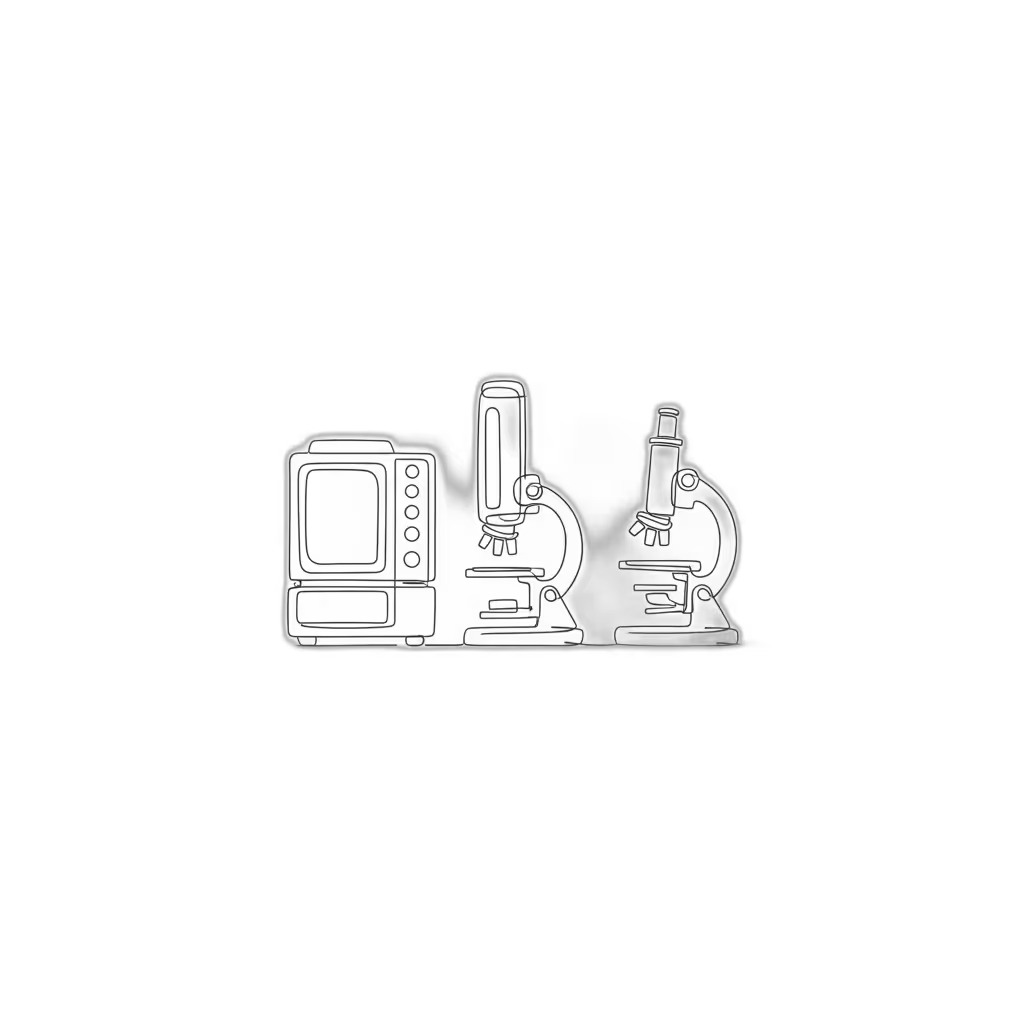

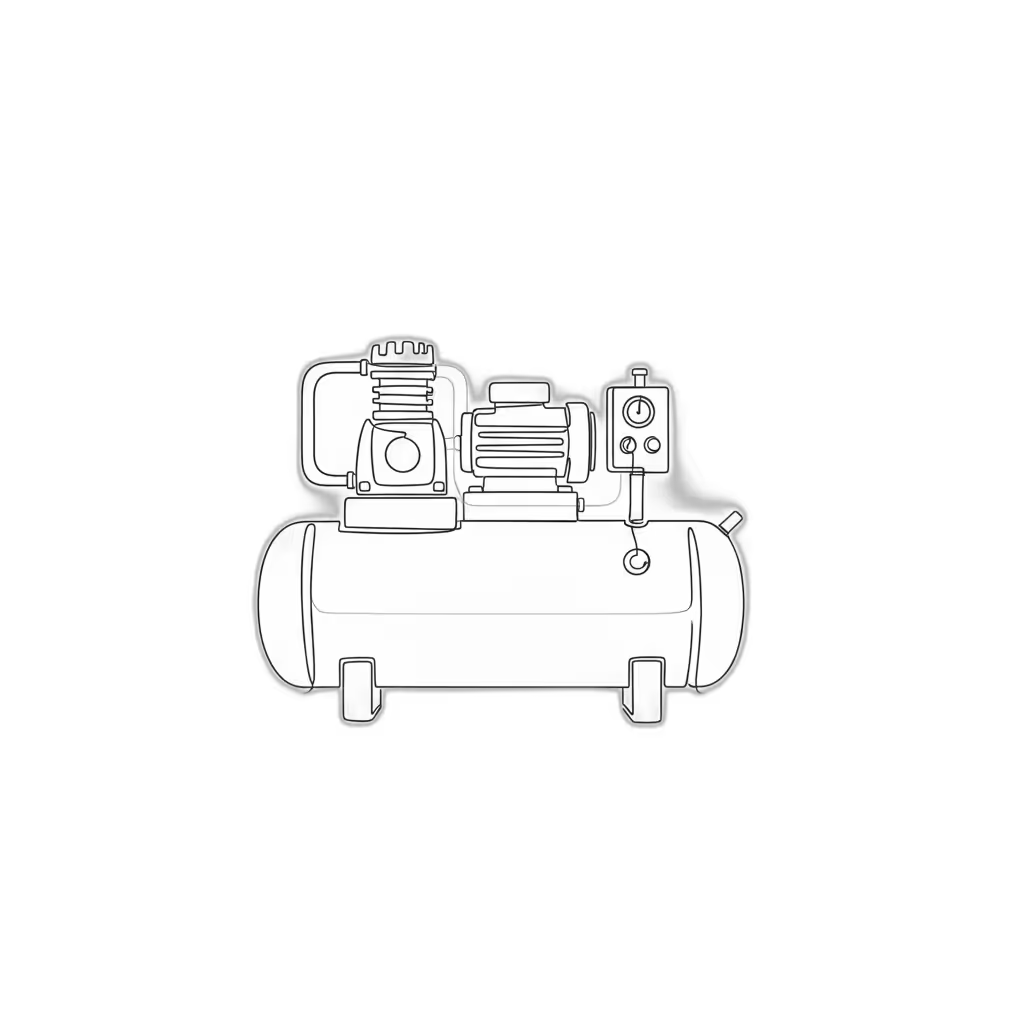
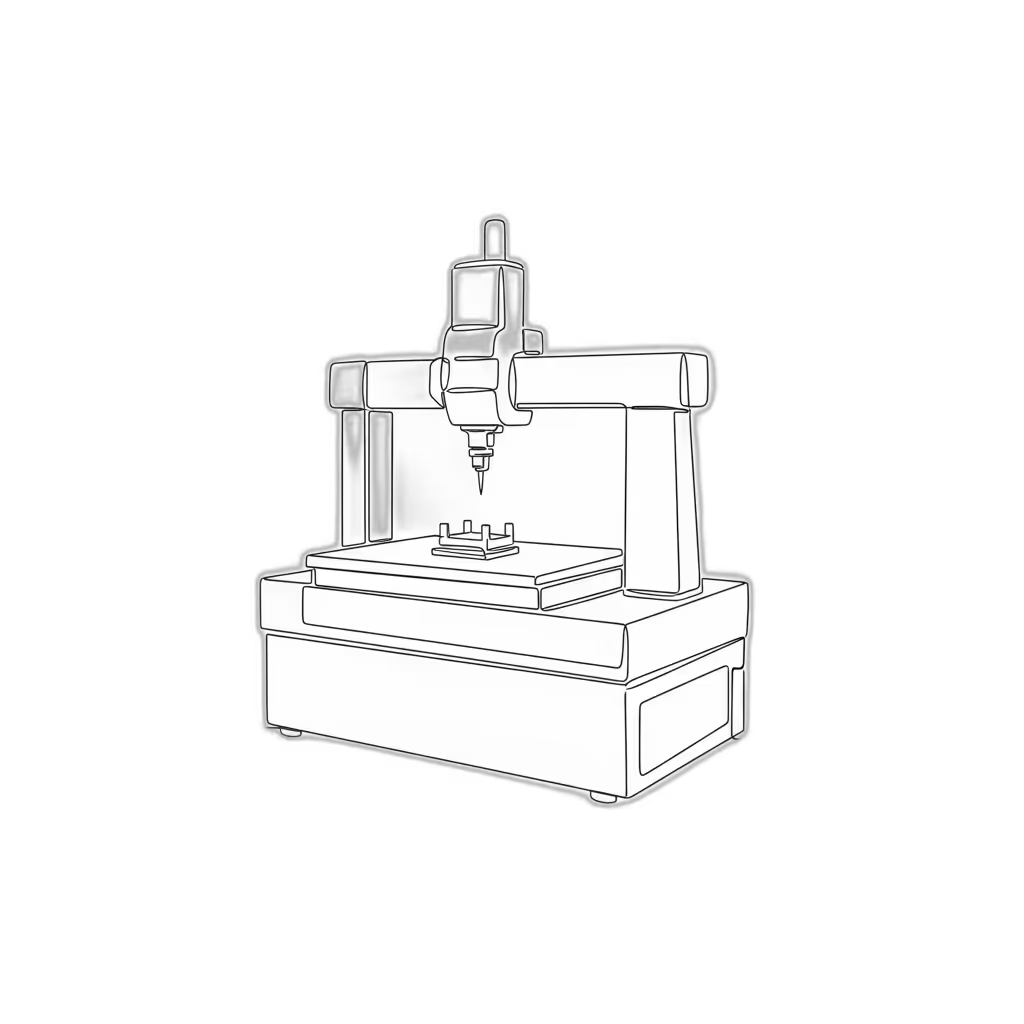
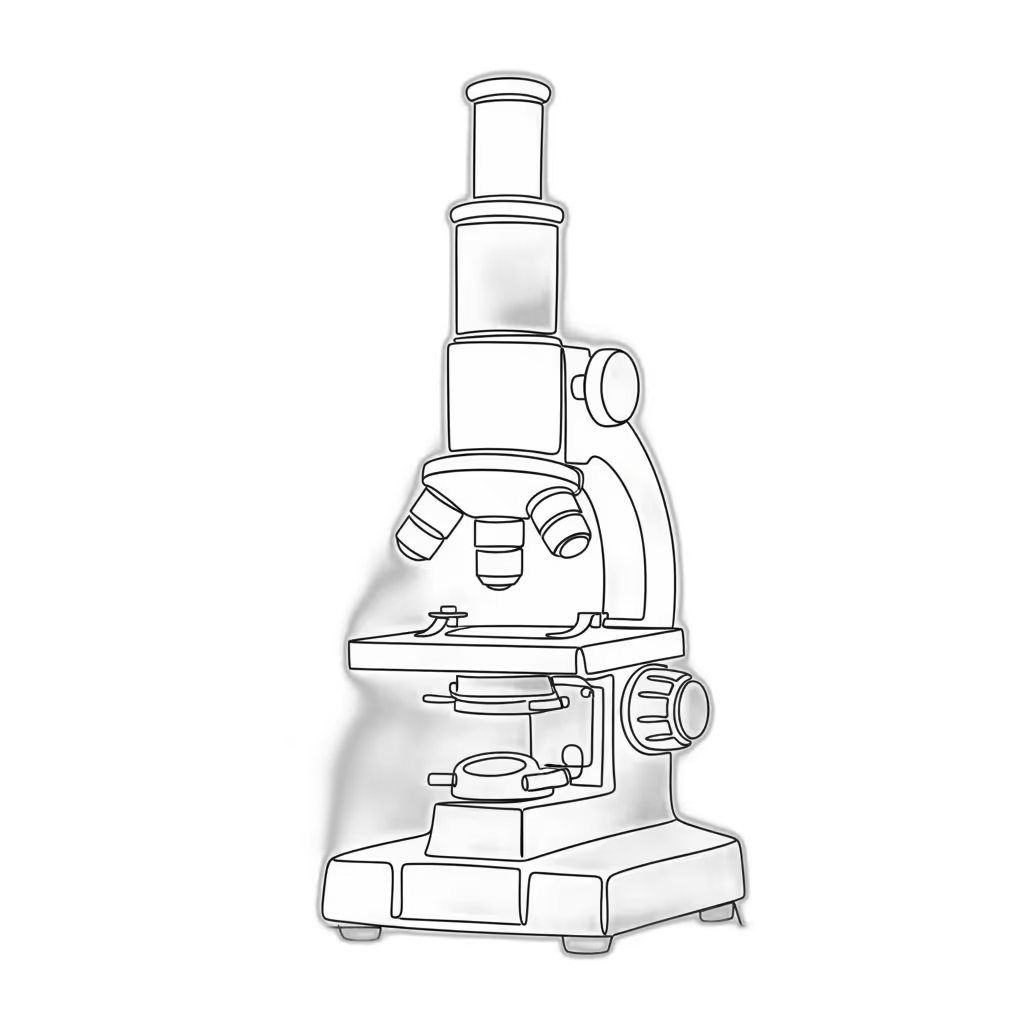
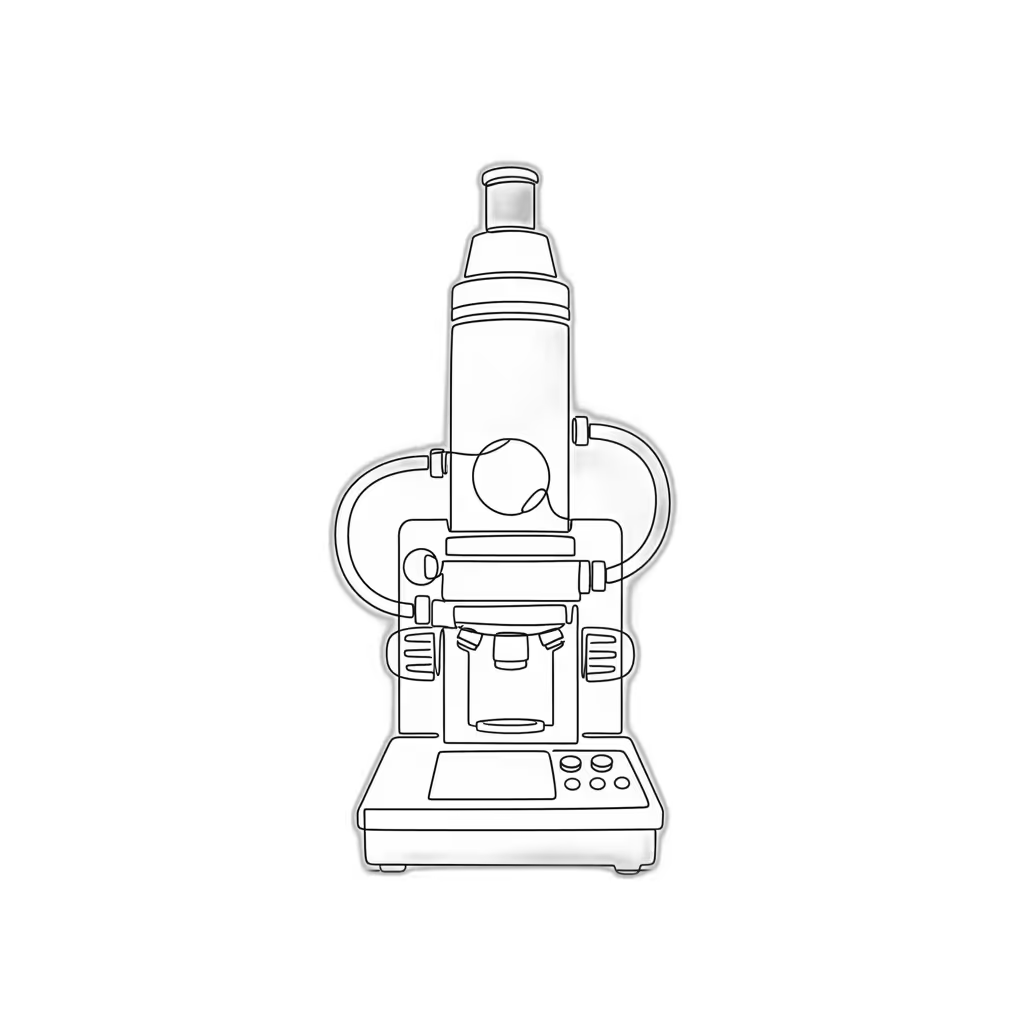
.svg)







